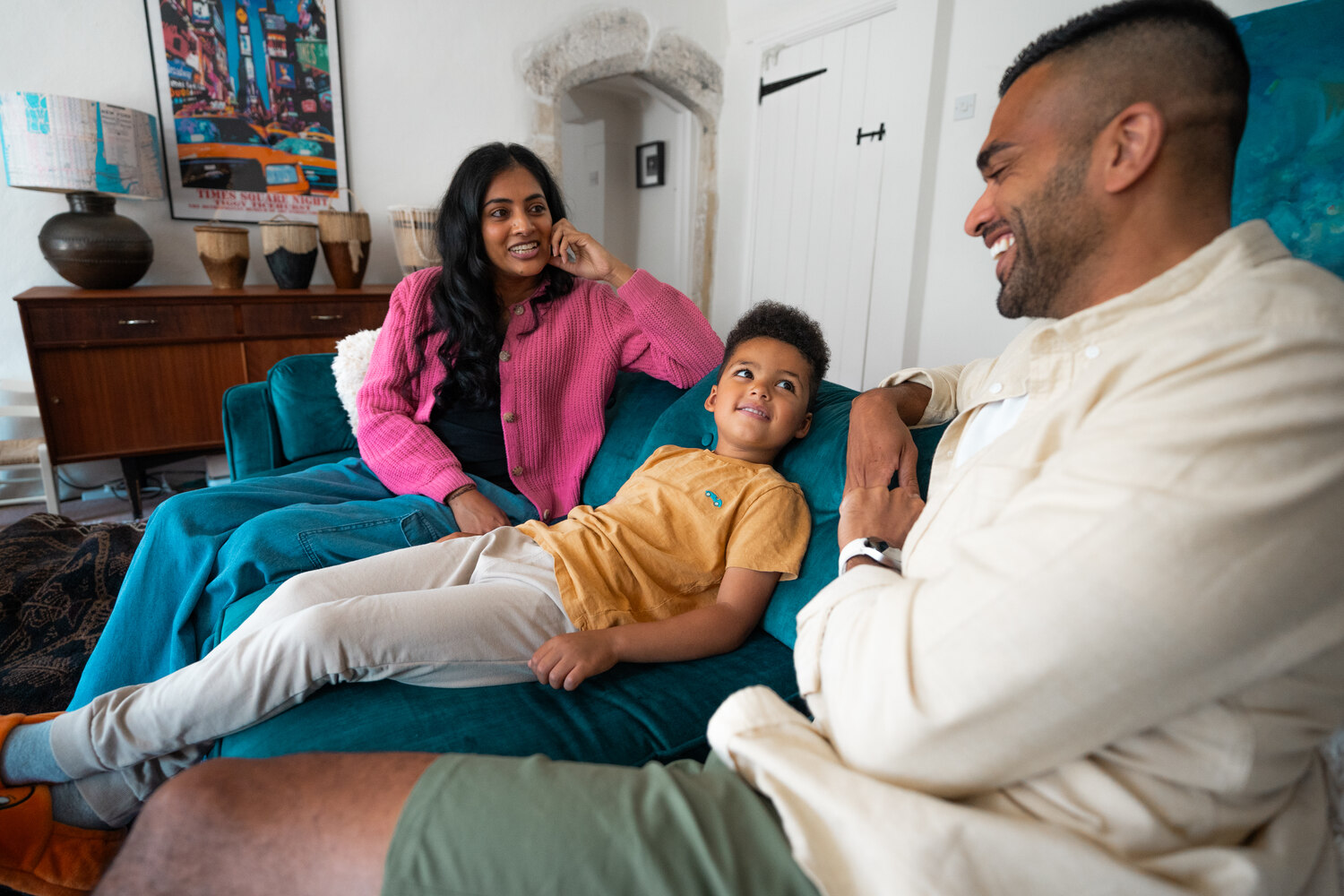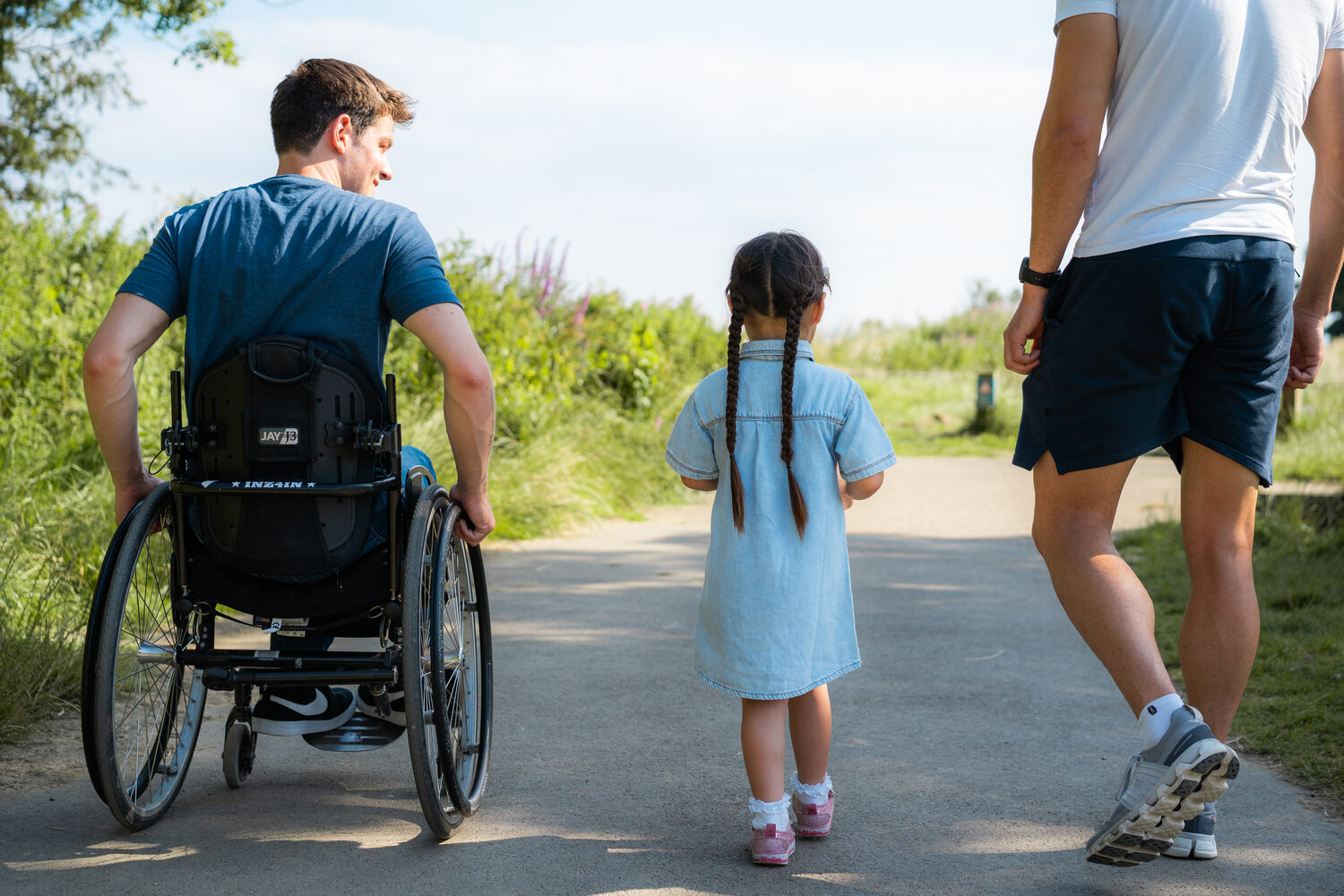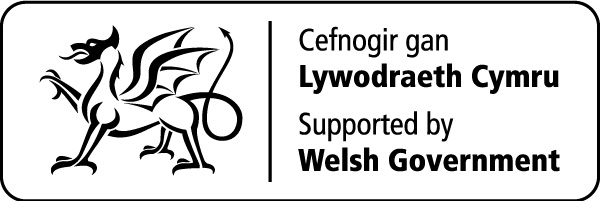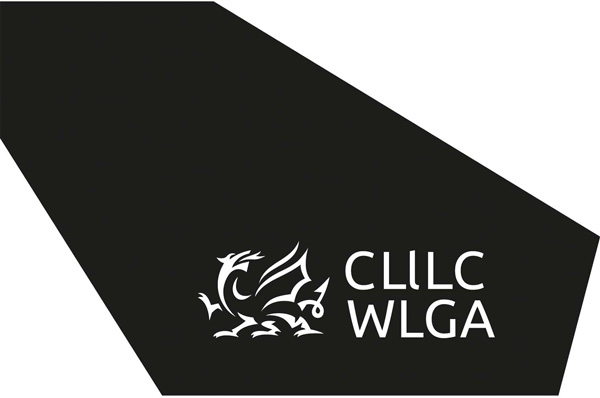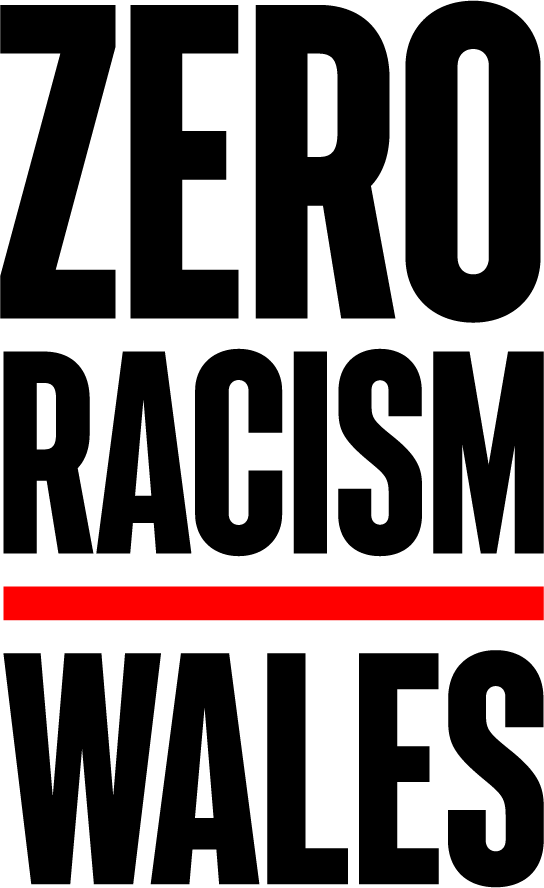We are here to support you
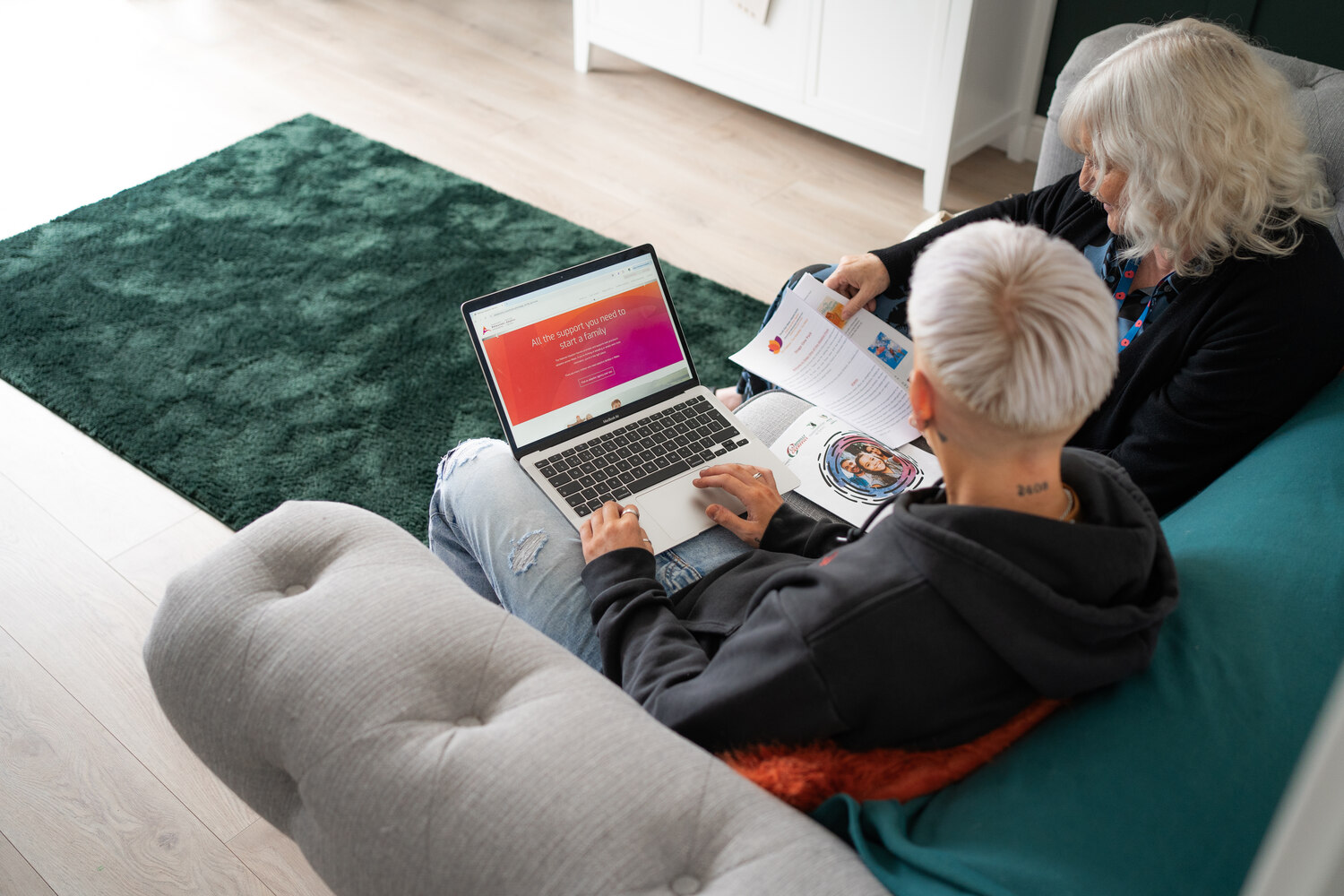
Lifelong support is available to anyone who has been affected by adoption, today, in the past or potentially in the future.
The Adoption Support Commitment
The first of its kind in the UK, our Adoption Support Commitment outlines what support is available to all adoptive families in Wales.
It is part of a continuing drive to develop and improve the quality, consistency and range of adoption support services.
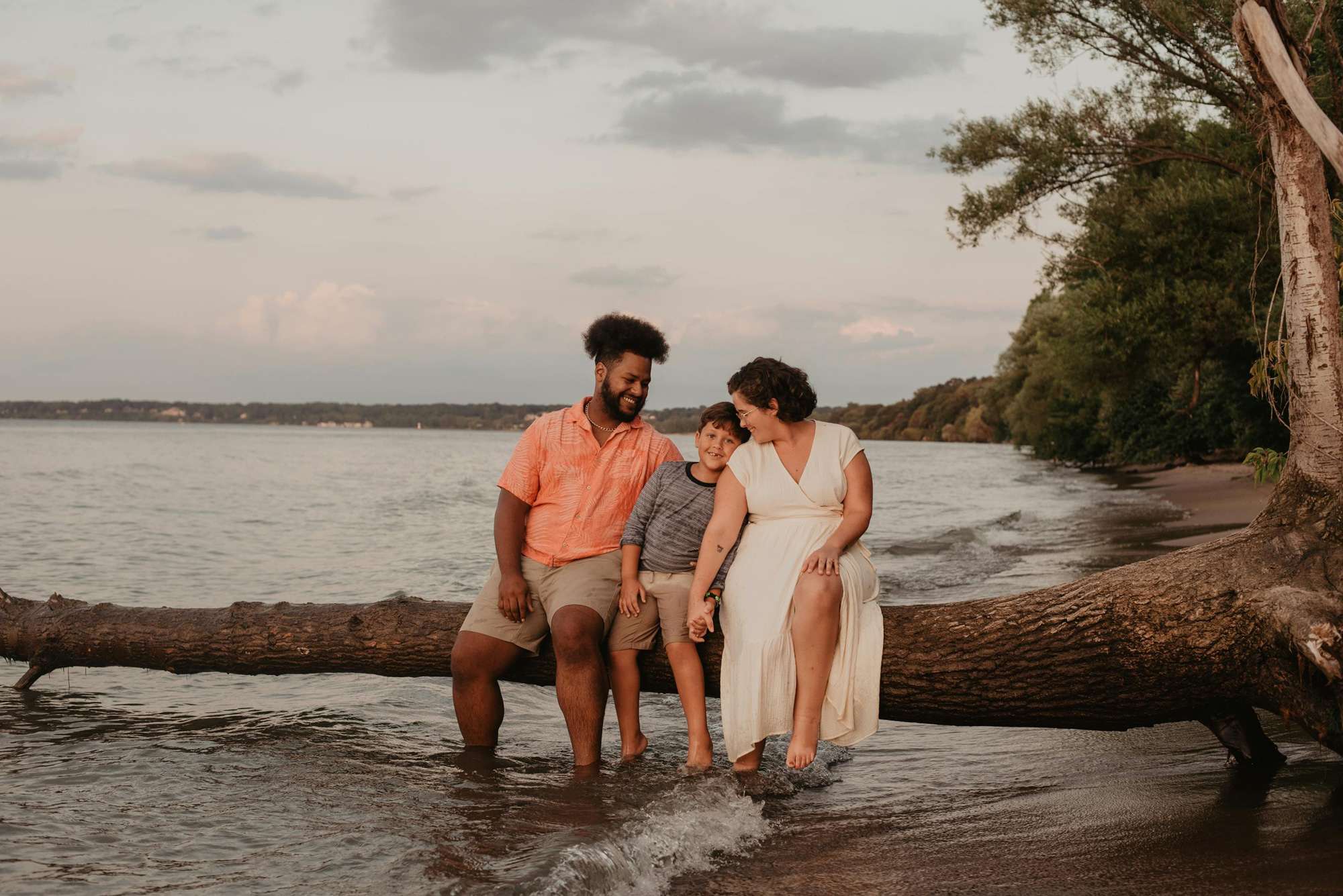

Alongside the regional and voluntary adoption services, agencies who can provide adoption support are:
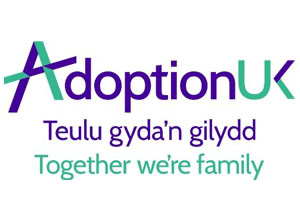
Adoption UK – Wales
Adoption UK is a charity for adopted people, adoptive families, and others parenting children who can’t live with their birth parents. Adoption UK Cymru is one of the partner agencies that make up the National Adoption Service for Wales and provides a variety of services to support all those on their adoption journey. To see the full range of services provided in Wales go to https://www.adoptionuk.org/wales or speak to your local Regional Adoption Support Service or VAA who will assist you to access the information you need.

Association for Fostering, Kinship and Adoption
As one of the ‘strategic partners’ for NAS AFKA Cymru promotes good practice across the breadth of permanence planning for children and young people. AFKA supports learning and development and offers advice, training and consultancy to professionals, adopters, foster and kinship carers, as well as other members of the public to maintain best practice in adoption, fostering and kinship.
AFKA Cymru is governed by St. David’s Children Society under the terms of its charitable status.
When things get difficult, talking with a trained professional can help. There are two adoption helplines where you can have an informal chat or ask for information and advice.
Adoption UK Helpline
0300 666 0006 (option 5)
Monday to Friday between 10:00am and 2:30pm.
Association for Fostering, Kinship and Adoption Cymru
Cardiff 029 20761155 or Rhyl 01745 336336.
Alternatively, you can contact your adoption agency or local authority to access more specific support.
As well as the training you will have received during the approval process, there are also a number of parenting skills courses where you can learn new strategies for helping a child manage family life. The courses are also a chance to meet and talk to other adopters who understand your situation.
Some courses are once a week, and others are several days long.
Parenting skills courses include Parenting our Children run by Adoption UK and SafeBase run by After Adoption.
Your adoption agency will also be able to advise on other parenting courses near you.
Schools are asked to give all adopted children priority access which means that your child should be able to attend whichever school you think best meets their needs.
If you feel your child needs extra support as a result of their adoption, you have the right to have an assessment of adoption support needs. If you think your child might have special educational needs, you can ask your local authority to assess these needs too.
There will also be funding within the local education consortia to help your child’s school understand and meet any additional needs which your child has.
Get guidance on school admissions.
Find out more about the Pupil Deprivation Grant.
Connected is a support group run by Adoption UK for adopted children and young people.
There are groups across Wales which provide opportunities to meet with other adopted children, take part in fun activities, as well as talk about common experiences.
Join your local Connected group.
We have worked with adoptive families to create a leaflet which you can take to your next healthcare appointment to help your consultant better understand how to manage the needs of your child, both in the consultation room and in the waiting area.
Download the leaflet.
It is not always possible to keep birth siblings together. However, where it is safe, appropriate and legally possible, we encourage a sustainable level of contact between brothers and sisters.
We have created a helpful fact sheet to explain more about the legal rights of contact between siblings who have different contact arrangements agreed by a court.
Download this helpful fact sheet.
If you’re an adopted adult, birth parent or another birth relative affected by adoption in the 1950s, 60s and early 70s, there are a range of services that can support you.
Your local adoption service can advise you on the help available locally to deal with the impact of the historic adoption on you, your child or relative.
Find your local agency.
There are lots of ways to search for birth records and birth relatives. Some are free and some you need to pay for.
Take a look at the options available to you.
Child trust fund:
Most children born in the UK between 01/09/2002 and 02/01/2011 should have an individual Child Trust Fund (CTF) account open in their name, ready for when they reach age 18.
Under this initiative the Government put £250 into the child’s fund at birth and topped this up with a further £250 when the child reached 7 years of age. These amounts were doubled for children in families in receipt of Child Tax Credit.
The original accounts should have been set up by Birth Parents (using the child`s Birth Name). If they didn’t do this (for whatever reason), the government (Inland Revenue) set up a CTF account for the child.
Most of these accounts were invested in the stock market, so many have accumulated growth over the years, and may now potentially be worth £1,000 or more.
Should adopters (or adopted young people over age 16) wish to discover where these accounts are they should contact ‘The Share Foundation’ (also known as ‘Sharefound’), the registered charity running the CTF and Junior ISA schemes for young people in care.
The Share Foundation also provides regular virtual events providing and discussing more details of above, which can be attended by young people aged 16 and over, parents, foster carers and professionals.
Find out more information and get advice
